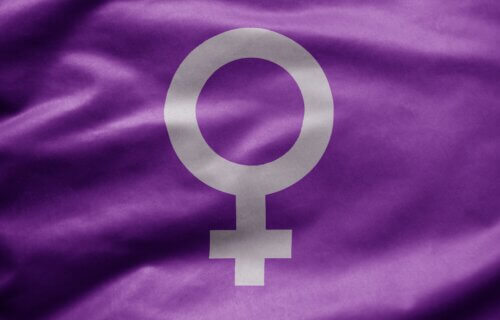Feminism as a movement has been instrumental in shaping our understanding of gender, power, and social structures. The best books on feminism delve into these complex themes with a finesse that both enlightens and empowers women. These masterpieces, written by thinkers and activists from diverse backgrounds, offer a kaleidoscope of perspectives that challenge the status quo.
Feminism empowers women in many ways. In a recent study, results show that women with feminist beliefs also tend to have a more positive body image. This is especially true in mothers and daughters. Feminist mothers talk about their bodies with less shame and more positivity, which influences how their daughter approaches body image as well.
What sets these books apart is their ability to connect with readers from all walks of life. Whether you’re new to feminist theory or a seasoned advocate, there’s something in these pages that will resonate with you. They tackle various topics, from the intersectionality of gender, race, and class to the subtleties of everyday sexism. The best feminist books are full of emotion and raw honesty. They encourage critical thinking and self-reflection, pushing readers to question their own biases.
These books invite everyone to join the party of dismantling stereotypes, challenging norms, and creating a world where everyone can unleash their superpowers. When you are ready to expand your understanding of feminism and its impact on society, turn to this list of the best books on feminism, curated by StudyFinds. Who is your favorite feminist author? Leave a comment to let us know!
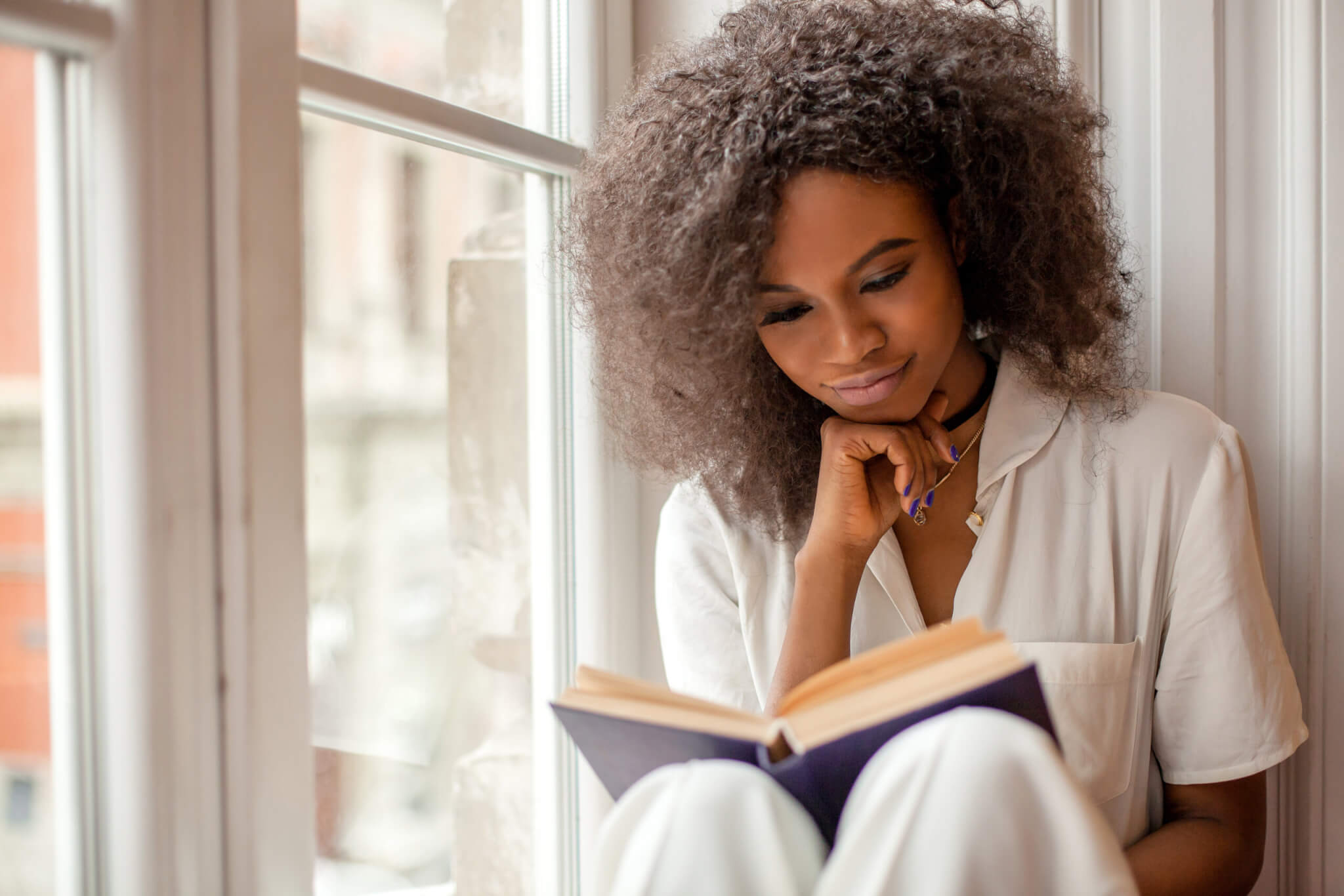
The List: Best Books on Feminism, According to Experts
1. “Bad Feminist” by Roxane Gay
Number one on the list for the best books on feminism is “Bad Feminist” by Roxane Gay. “As the title suggests, Roxane Gay’s collection of essays explores all the contradictions, nuances and difficulties of being a modern-day feminist – such as wanting independence but equally wanting to be taken care of, or loving rap music but being offended by misogynistic lyrics. At its heart is Gay’s profession to being a ‘bad feminist’ and a ‘mess of contradictions’. Are you a good feminist if you like pink, read Vogue, wear dresses, shave or possess no knowledge about cars? Gay asserts of course you still are, despite all the mixed messages of society. Covering the TV show Girls, Chris Brown, black women’s representation in films such as The Help, abortion and much more, Bad Feminist is a deep dive into what it means to be a feminist today,” shares Independent.
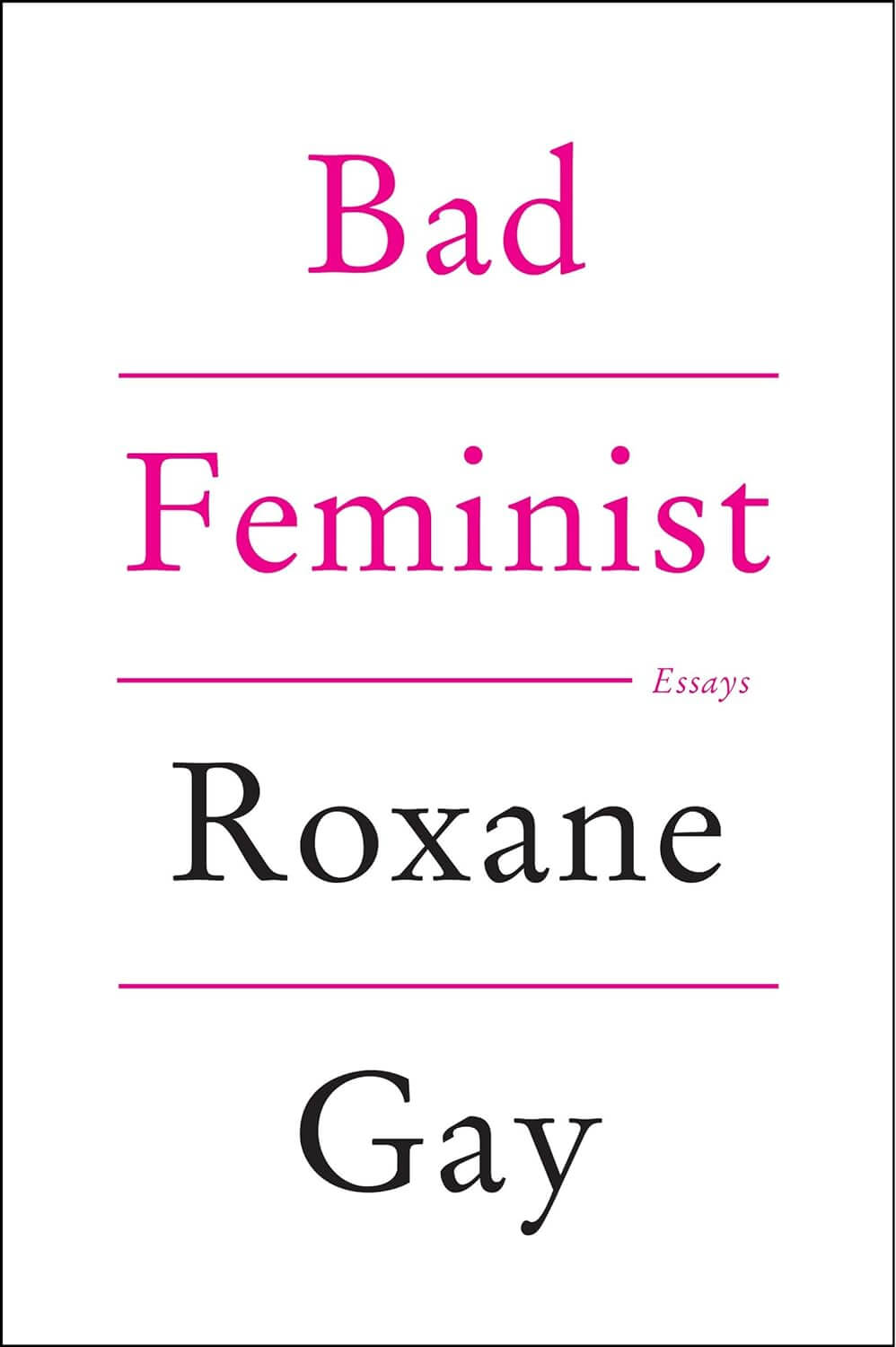
These books often become a gateway to deeper understanding and activism in feminist causes. “Roxane Gay gets how tough it can be when you label yourself a feminist in today’s society. Through her collection of funny and powerful essays, she explores her journey navigating her imperfect feminism, what she’s learned throughout her lifetime about womanhood, and what we could all do to be better,” writes Good House Keeping.
Each page turns a new leaf in the ongoing journey of feminism, offering fresh perspectives and sparking endless inspiration. “Novels, essays or tweets – anything written by Roxane Gay is well worth reading, and Bad Feminist, her collection of personal essays, is one of her best. The widest range of topics is covered, including sexual violence, female anti-heroines, being a ‘bad’ feminist, and even the world of competitive Scrabble. Gay’s writing turns familiar topics on their heads, making you think about them in an entirely new light, and is fiercely funny as often as it is gut-punchingly frank,” says Book Riot.
2. “The Color Purple” by Alice Walker
Next on our list is a cult classic, “The Color Purple” by Alice Walker. “The Color Purple, a cultural touchstone of modern American literature, portrays the lives of African American women in early 20th-century rural Georgia. Sisters Celie and Nettie, separated as girls, sustain their hope through letters across two decades. Celie, abused and trapped in a loveless marriage, finds empowerment through her encounter with Shug Avery, a woman in control of her own destiny. As Celie discovers her strength and joy, she breaks free from her past, reuniting with loved ones. The novel’s powerful narrative exposes domestic and sexual abuse, showcasing women’s resilience, companionship, and growth,” says Pan MacMillan.
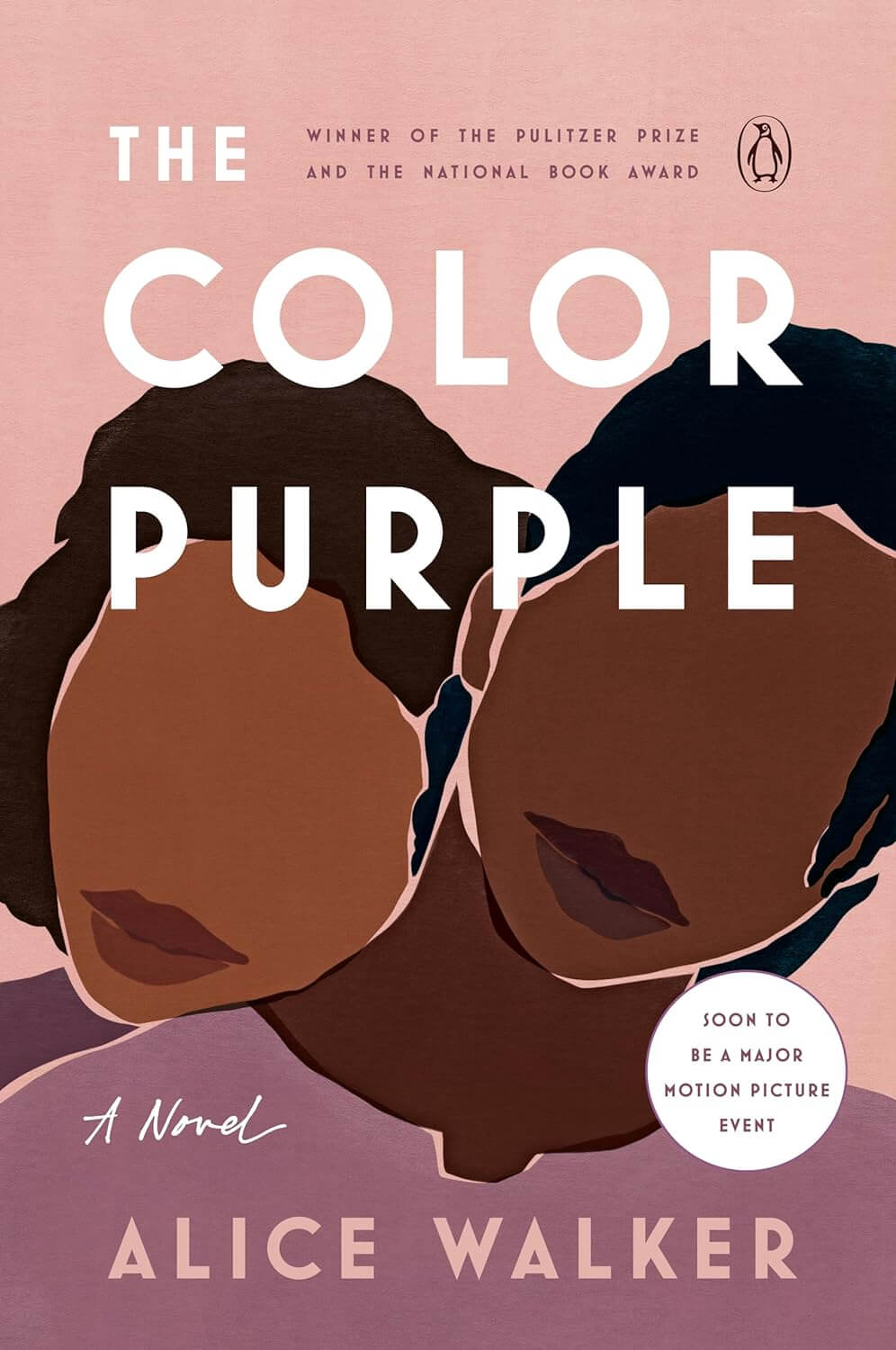
From historical accounts to modern musings, these books paint a vibrant panorama of the feminist movement, one brushstroke at a time. “The deep American South between the wars serves as the backdrop for this Pulitzer Prize-winning novel. Telling the story of Celie, a young black girl born into poverty and segregation, The Color Purple paints the harsh realities of life for African-American women in the 1930s. While the more haunting moments of the novel involve rape, children being taken away and the trappings of marriage, moments of joy and hope are equally as present as Celie begins to liberate herself from her past after meeting the glamorous musician Shug Avery,” shares Independent.
Readers regularly express gratitude for the life-changing insights gained from these books. “This book tells the tale of a young Black woman named Celie, who grows up in Georgia in the early 1900s. Though she is faced with abuse and hardship, she keeps hope alive that she will one day see her sister in Africa again. The book was later adapted into the Steven Spielberg 1985 film that earned Oprah Winfrey and Whoopi Goldberg Oscar nominations,” writes Good House Keeping.
3. “The Handmaid’s Tale” by Margaret Atwood
“The Handmaid’s Tale” by Margaret Atwood is another beloved title that has inspired women. “No list of the best feminist books would be complete without a mention of Margaret Atwood’s masterful dystopia set in a future America where women are reduced to their reproductive usefulness. The TV adaptation has been internationally successful and the novel, which now seems scarily prescient in today’s political climate, was followed with a sequel, The Testaments, in September 2019,” says Pan MacMillan.
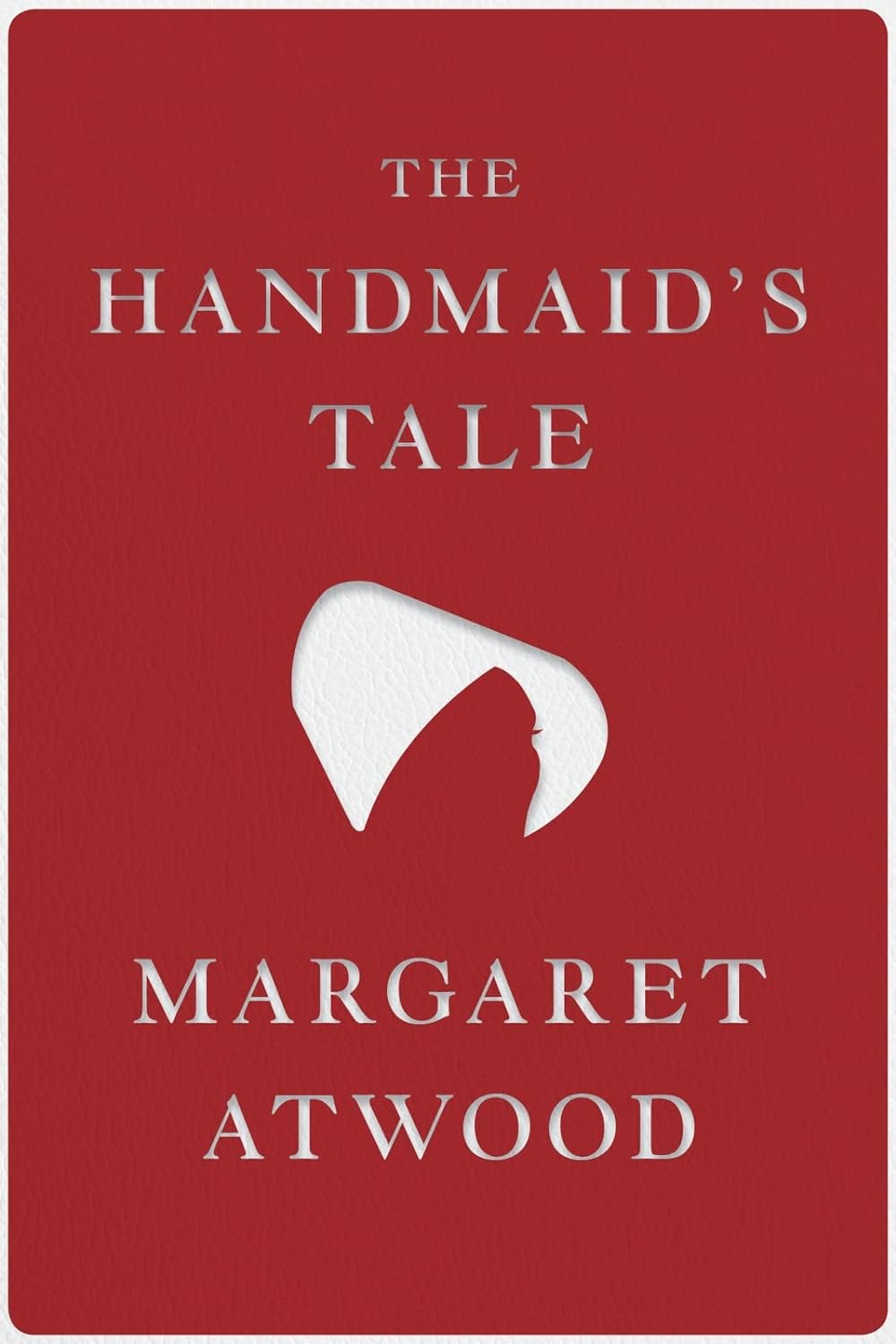
Many find that these feminist works help in understanding other options for a patriarchal society. “Before the Emmy-winning television series on Hulu came along, Margaret Atwood’s dystopian novel was published in 1985. It follows the story of a handmaid named Offred, who lives in a totalitarian society where she and other handmaids are used to conceive children for the ruling class. Fueled by past memories of a much better life with her family, she risks it all trying to gain back her independence and fight against the oppressive patriarchal regime currently occupying the United States government,” writes Good House Keeping.
Readers often turn to these books for guidance in navigating gender-related challenges. “A contemporary classic, Atwood’s fictional story is set in a dystopian near-future where a patriarchal, totalitarian and devout regime has overthrown the United States government and founded the Republic of Gilead. Exploring themes of female subjugation, the protagonist Offred is one of a group of ‘handmaids’ who are assigned ‘commanders’ – the ruling class of men – and forced to produce their children. Though a work of fiction, Atwood wrote her foreboding tome through stitching together real life examples of oppression. As such, the book serves as a chilling reminder of what women have experienced,” shares Independent.
4. “The Bluest Eye” by Toni Morrison
Another classic, this list wouldn’t be complete without Toni Morrison’s incredible addition to the world of feminist literature. “Pulitzer Prize-winning author Toni Morrison’s debut novel, The Bluest Eye (1970), explores society’s long-problematic beauty ideals through its main character, Pecola—a young black girl mocked for the color of her skin. After her traumatizing experiences with sexual assault and bullying, she must confront what it means to conform to the world around her,” shares Marie Claire.
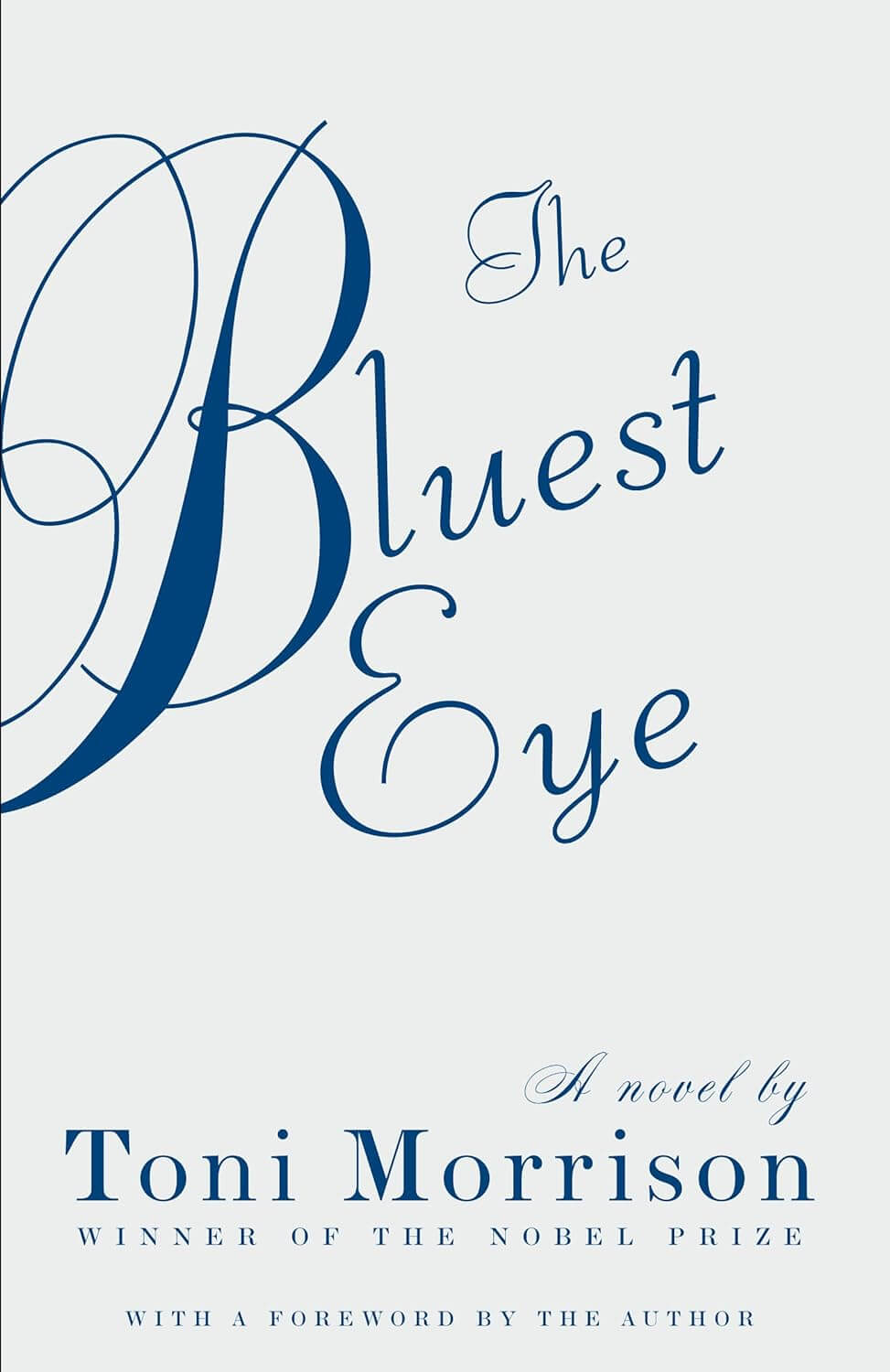
Readers often feel more informed about social issues after engaging with these books. “The first novel from the late Toni Morrison follows the story of a young Black girl named Pecola, who prays every day to wake up pretty. It’s a story about the struggles to conform and the adversity Black women face in a world obsessed with a skewed notion of what it means to be beautiful,” writes Good House Keeping.
“The Bluest Eye is the debut novel by Pulitzer Prize-winning author Toni Morrison. In the novel, Toni explores the problematic and racist beauty ideals of western society, as well as addressing issues of race, poverty and abuse. Percola, made to feel ugly because of her dark skin, wishes desperately for the blue eyes of her dolls, as her family falls apart around her,” says Pan MacMillan.
5. “Hood Feminism” by Mikki Kendall
Number five on the list of experts for the best books on feminism is “Hood Feminism” by Mikki Kendall. “Mikki Kendall’s Hood Feminism, out next month, is the wakeup call we all need when discussing feminism. Too often food insecurity, access to quality education, safe neighborhoods, a living wage, and medical care aren’t part of the conversation, which comes at the expense of white privilege. Hood Feminism brings it all to light,” shares Marie Claire.
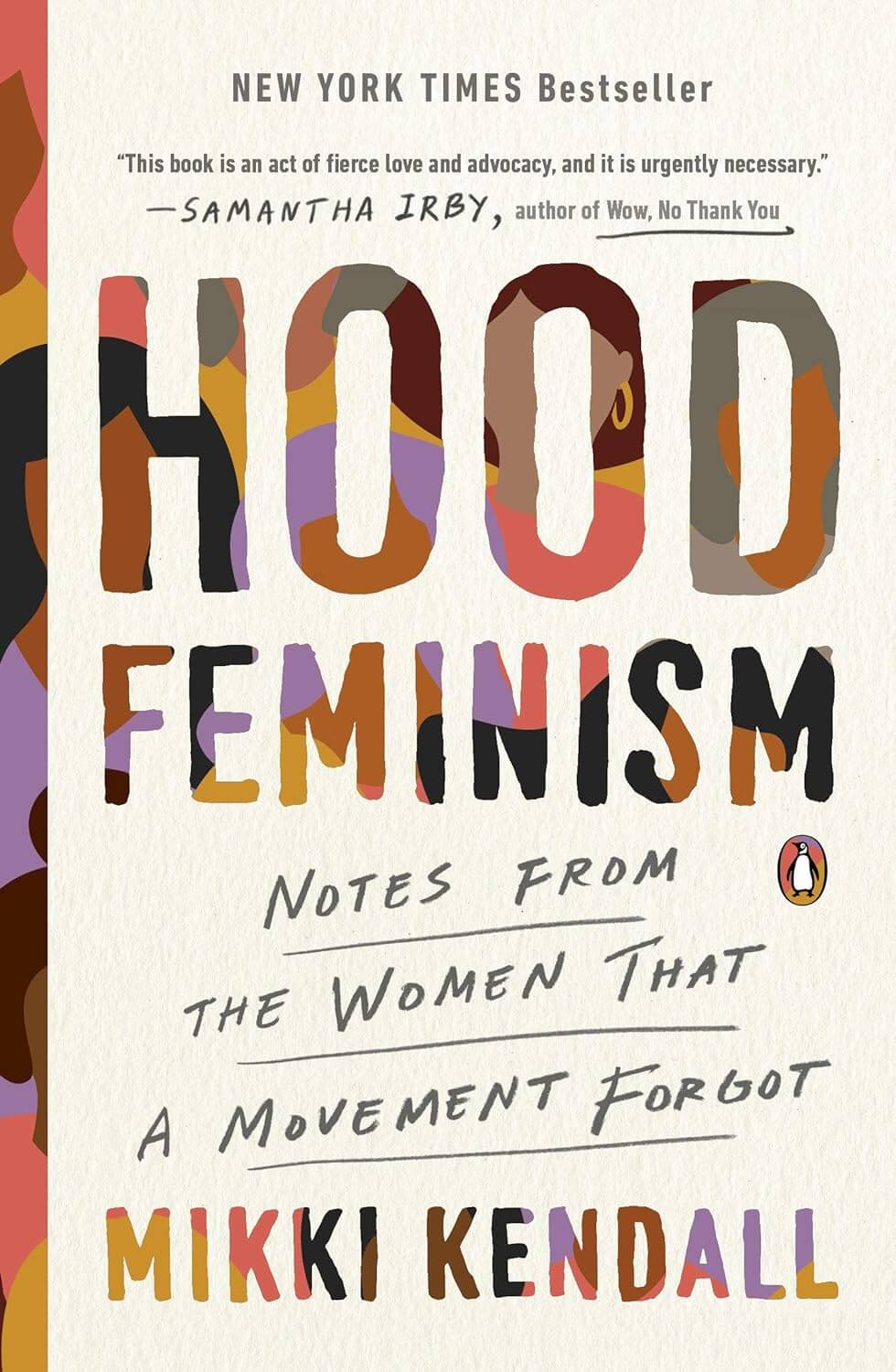
The book’s insightful analysis of societal structures has resonated deeply with its readers, sparking meaningful discussions. “In ‘Hood Feminism,’ author and activist Mikki Kendall spotlights the blind spot of modern feminism: failing to meet the basic needs of survival for women of color and instead focusing on increasing the privilege of the few. LeSavoy recommends this book because it addresses ‘the issues of white feminism excluding women of color,’ offering practical ways to becoming greater allies. By recognizing white, middle-class privilege within feminism, we can take the first step towards active allyship and inclusive feminism in the future,” writes Business Insider.
Fans appreciate how Kendall brings light to often overlooked issues of white feminism in her book. “This book serves as a wakeup call. Mikki Kendall explains that feminism has largely overlooked issues such as the lack of food security, a living wage, medical care, safety in neighborhoods and access to education in mainstream conversations. She addresses all these needs by sharing her personal experiences to support her claim, while also posing an important question to readers: How can we all come together when it’s likely that some women are oppressing others,” says Good House Keeping.
6. “Sister Outsider” by Audre Lorde
Another amazing title that focuses on the experience of Black women, “Audre Lorde’s famous essay collection is a cornerstone of Black Feminism. Lorde discusses the uses of anger, the role of poetry in activism, and her own experiences as a Black lesbian in the USA, as well as calling out white feminism for excluding and erasing Black women,” says Book Riot.
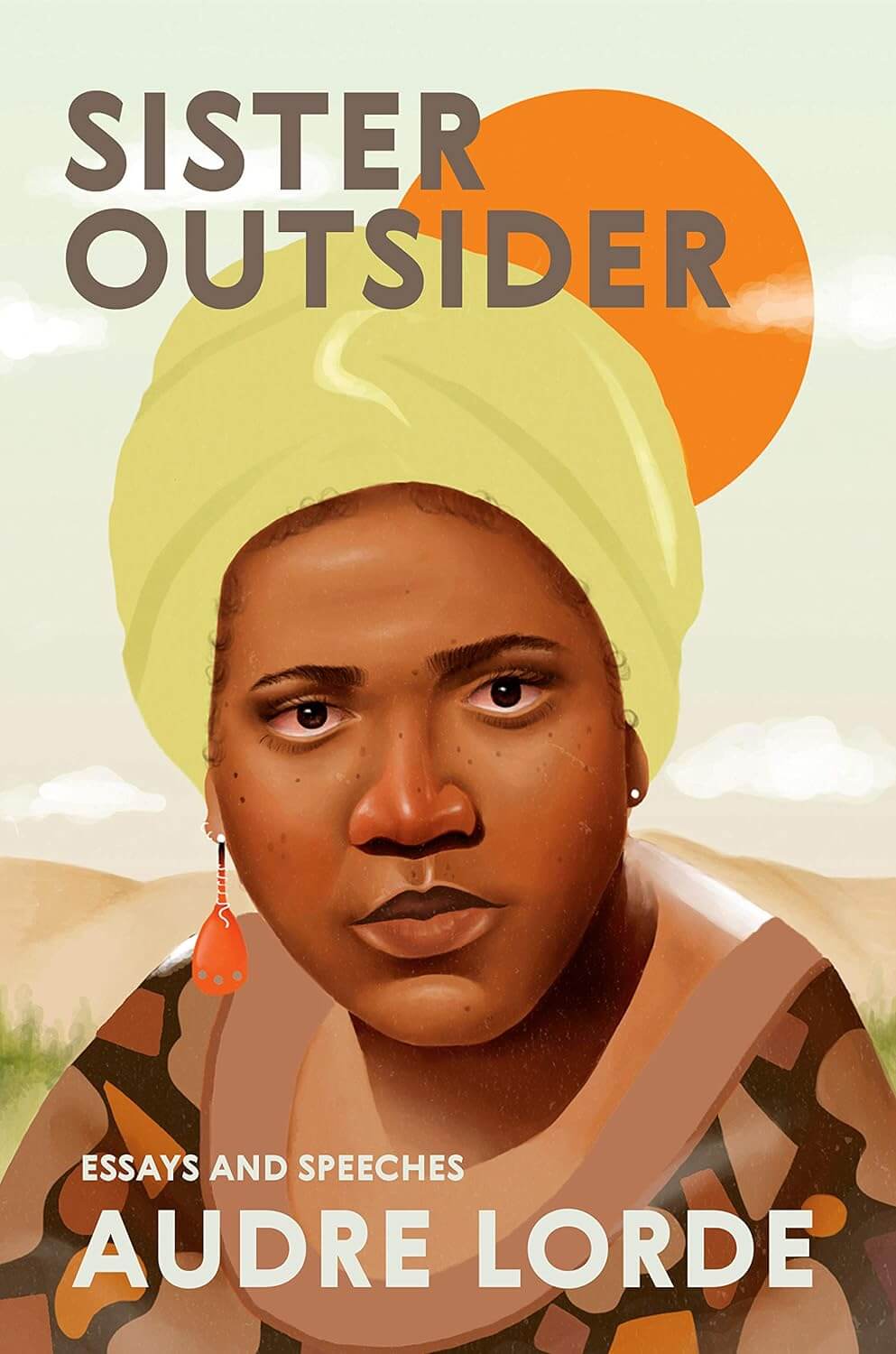
Enthusiasts of “Sister Outsider” often cite it as a crucial text for understanding the nuances of race, gender, and sexuality. “Audre Lorde’s Sister Outsider encompasses 15 essays and speeches dated from 1976 to 1984 on sex, race, ageism, homophobia, and class. The collection is considered a classic with Lorde’s dedication to exploring identity and change, specifically among African American women,” writes Marie Claire.
Readers are drawn to the book’s compelling narrative style, which blends personal anecdotes with fierce advocacy for equality. “Audre Lorde was a profound, distinguished feminist and civil rights activist, dedicating her life to addressing inequality and injustice. Recommended by LeSavoy, this collection of essays and speeches is from 1976-1984, where Audre Lorde wrote and spoke about her beginnings in empowerment movements and the importance of increasing the visibility of minority women. Audre Lorde advocated the necessity of distinct representation within feminism, anticipating intersectionality years before the word was coined. Her writing demands to be not only heard but consumed and carried, becoming an essential part of readers’ feminist journeys,” shares Business Insider.
7. “Men Explain Things to Me” by Rebecca Solnit
Last but not least is “Men Explain Things to Me” by Rebecca Solnit. “Thank Rebecca Solnit for creating the popular term ‘mansplaining,’ which originated from her hilarious essay on what happens when men assume women don’t know what they’re talking about. According to Solnit, it’s due to a combination of overconfidence and cluelessness,” shares Marie Claire.
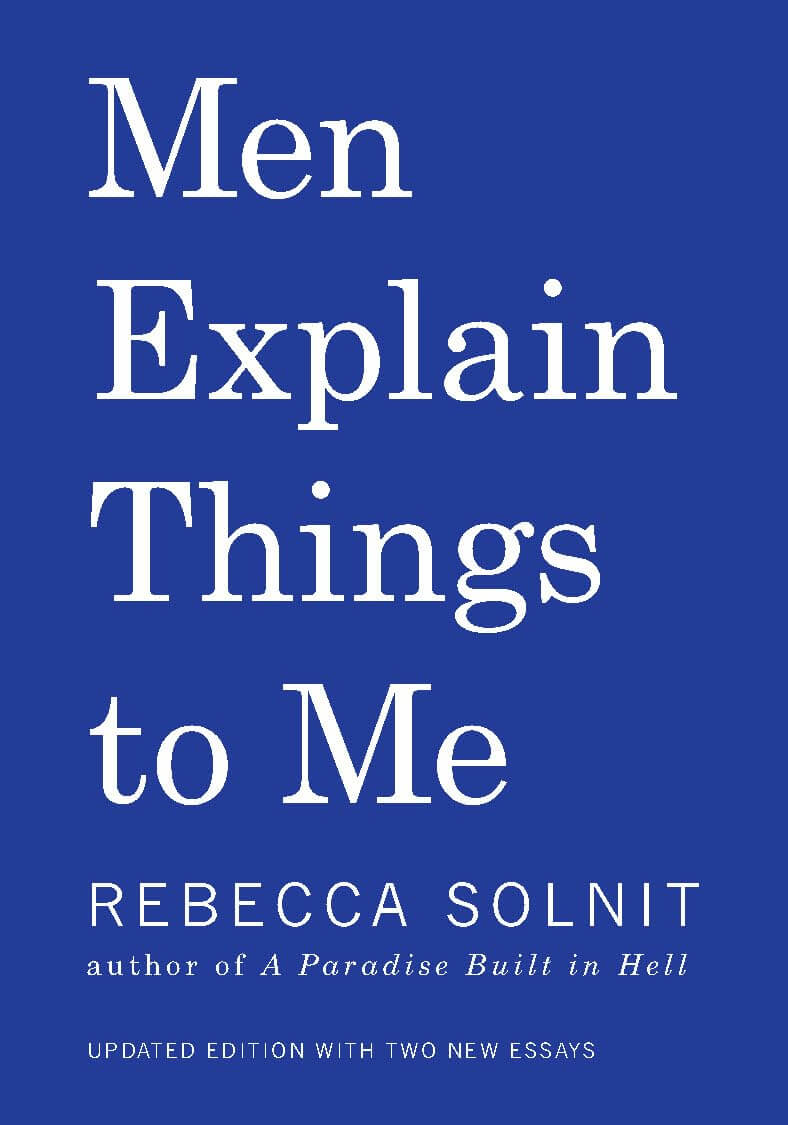
Many appreciate the book for its candid and witty exploration of gender dynamics in modern society. “The title speaks for itself. In this book of essays, Rebecca Solnit talks about what goes on in conversations between men and women, especially when men think they know more. She also sprinkles in a few of her own encounters with men, but ends the piece on a serious note,” says Good House Keeping.
Readers regularly express admiration for Solnit’s ability to articulate complex ideas with clarity and humor. “From one of our most imaginative and incisive writers comes a contemporary classic: seven sharp essays, each one an exceptionally hewn gem, beginning with the rousing title essay about how conversations between men and women are often driven off-course by mansplaining. In the ensuing essays, Solnit peers through politics, history, art, and media as lenses on cultural misogyny, arguing that seemingly isolated acts of sexism, like mansplaining, exist on a dangerous continuum of gendered exploitation and abuse, leading perilously to sexual violence. Solnit writes, ‘It’s a slippery slope. That’s why we need to address the slope, rather than compartmentalizing the varieties of misogyny and dealing with them separately.’ Candid, courageous, and unflinchingly honest, Men Explain Things to Me is a powerful polemic for a future where women can enjoy equal power and respect,” writes Esquire.
Which feminist ideal most resonates with you? Leave a comment to inspire us!
You might also be interested in:
Sources:
- Book Riot
- Marie Claire
- Business Insider
- Independent
- Good House Keeping
- Pam MacMillan
- Esquire
- MS Magazine
- Russh
- Parade
Note: This article was not paid for nor sponsored. StudyFinds is not connected to nor partnered with any of the brands mentioned and receives no compensation for its recommendations.
